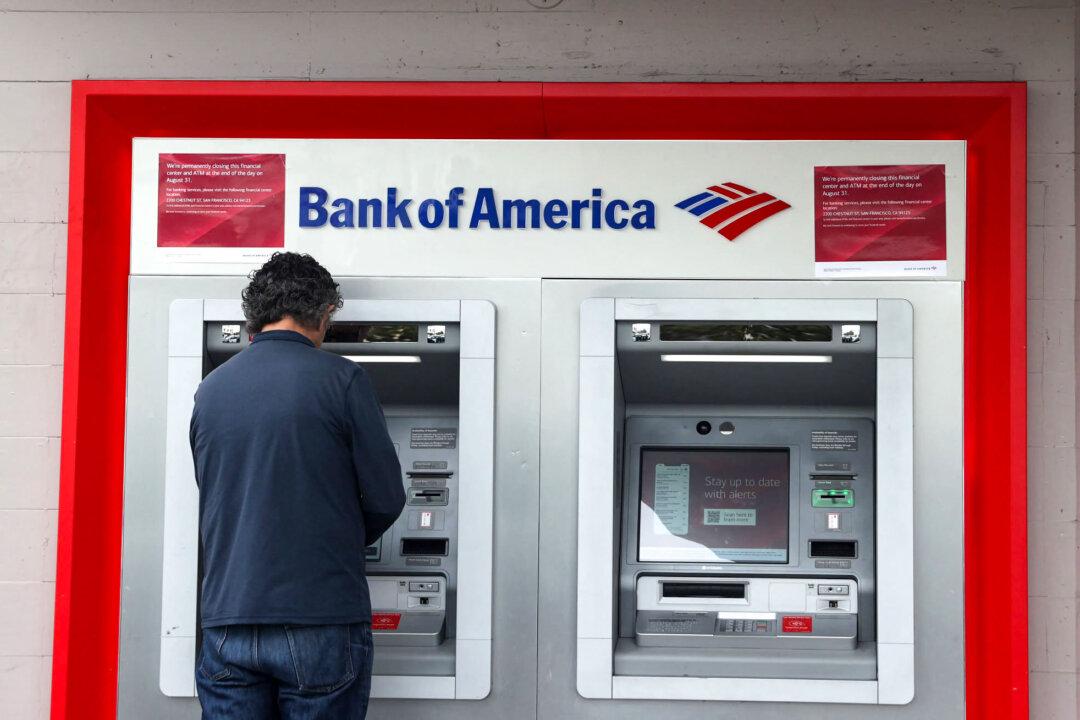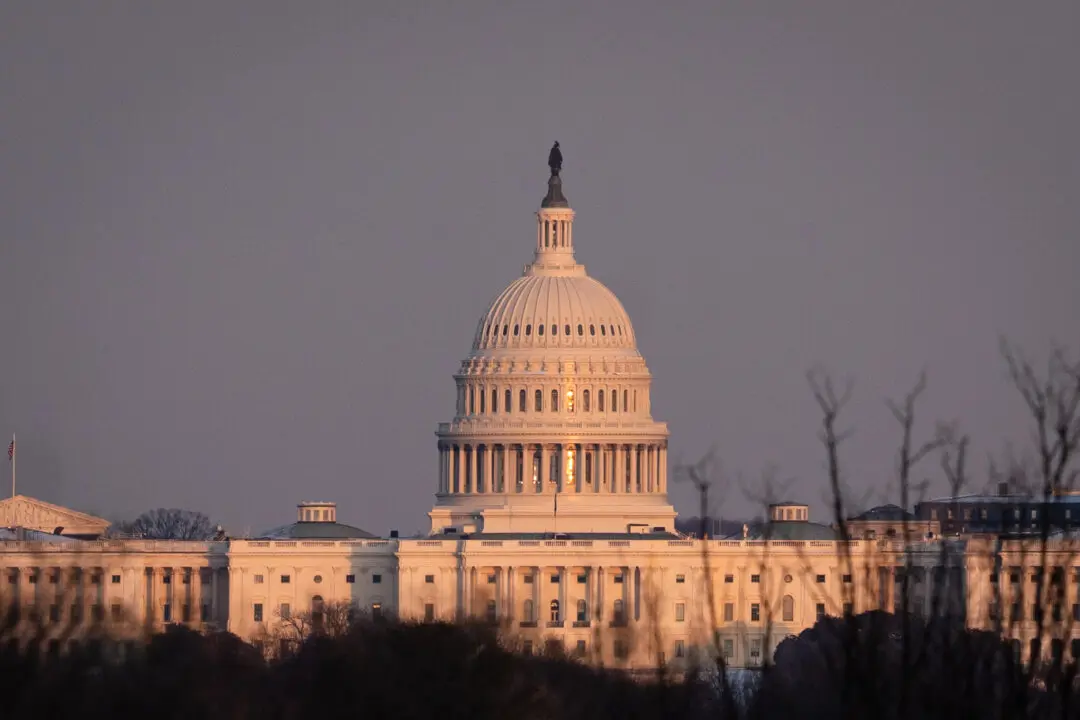The Senate scrapped a rule finalized under former President Joe Biden capping bank overdraft fees.
In a 52-48 vote on March 27, lawmakers overturned the Consumer Financial Protection Bureau’s final rule, which would have limited overdraft charges to $5 for financial institutions with more than $10 billion in assets.





